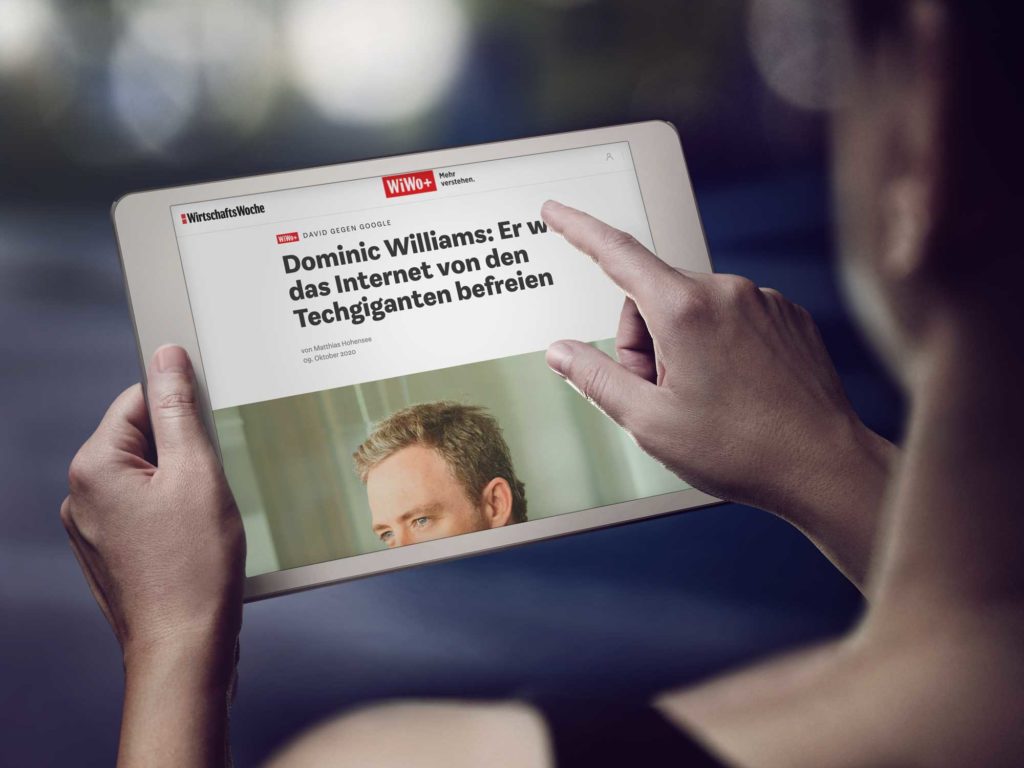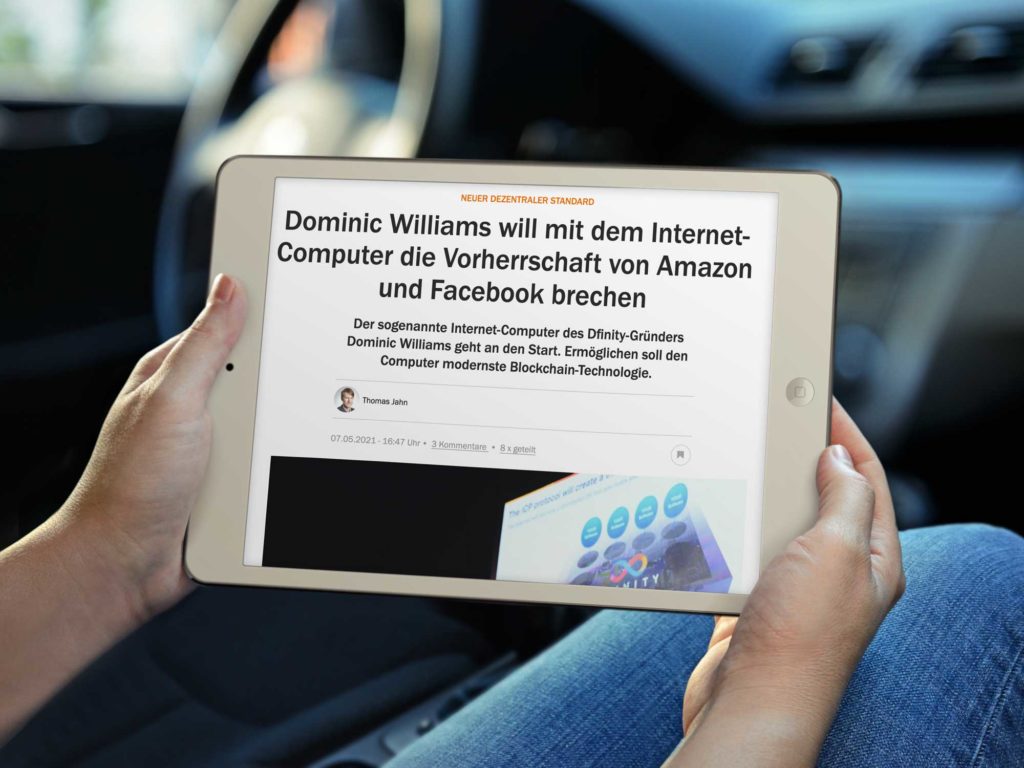DFINITY
Case Study
About DFINITY:
“Decentralize all the things” – this is how one could condense the promises of the salvation of Web3 to a battle cry. But can we talk about decentralization when the technological backbone of supposed Web3 applications hinges on a centralized cloud infrastructure? What’s the point of a decentralized protocol if most nodes are still running on servers owned by AWS or Google? And is an NFT truly yours if the associated image file is stored in a commercial cloud?
These are some of the questions driving the DFINITY Foundation. The Zurich-based nonprofit organization has set out to do no less than revolutionize the Internet and make it a real “world computer.”
This ambition is also evident in the name of DFINITY’s flagship project: Internet Computer. Internet Computer enables blockchain-based applications to run directly in the browser at web speed – without any assistance from AWS & Co. With ICP, Internet Computer has a native token that is used for network governance, among other things.
Challenge:
The minds behind DFINITY are convinced that “the Internet needs a reboot.” But how do you convince companies that play a major role in shaping today’s Internet to get technologically equipped for the coming Web3?
Solution:
For one, communication requires a lot of educational work so that the advantages of Web3 for Web2 companies become clear. On top of that, there needs to be a strong, likable personal brand for the founder.
Result:
Provocative interviews in consumer media and in-depth expert articles in trade magazines determine the external perception of this revolutionary Web3 company.








